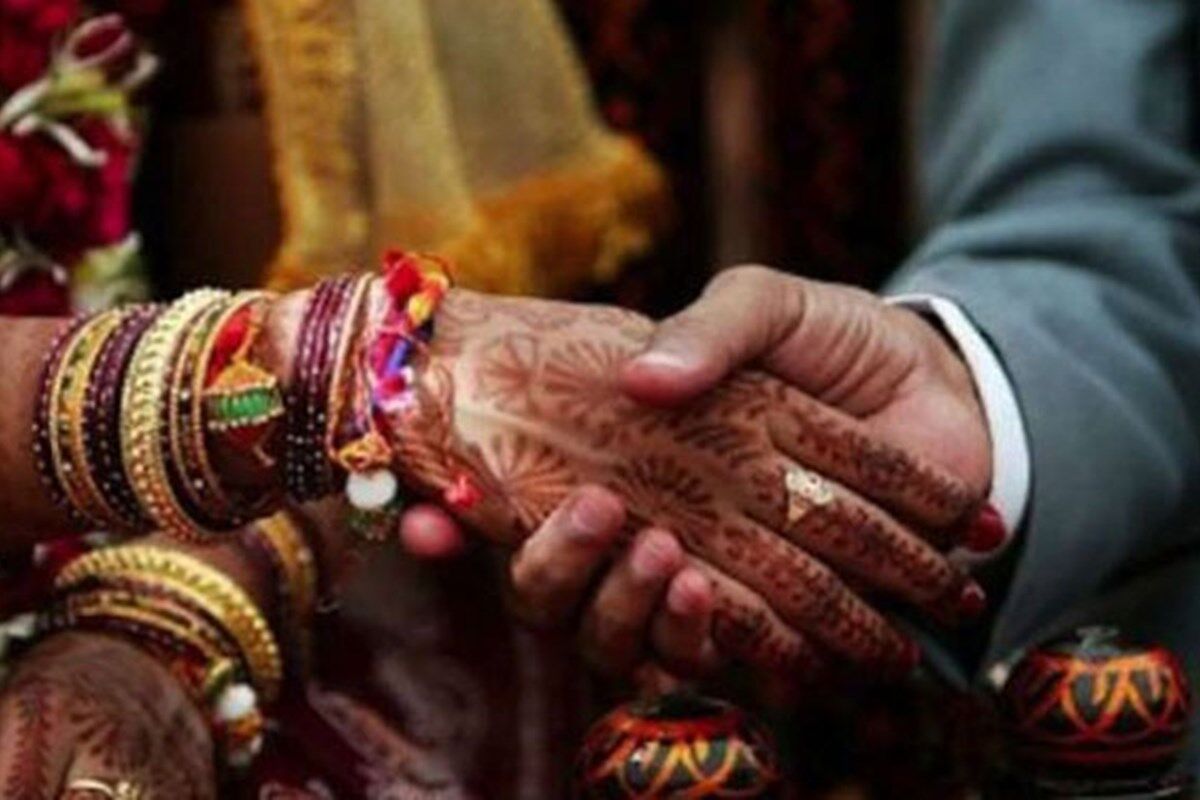Righting a wrong

Around election time, it is not uncommon for political parties to seek new social issues or bring back older ones to hang around the ruling party's neck. But even given that, Congress leader Rahul Gandhi's recent online comments regarding marital rape in India have sparked a serious wildfire of debate. And much of the outrage and debate boils down to this: How can this be allowed to continue in 21st century India? At this very moment, the Delhi High Court is in the process of hearing a challenge to the constitutional validity of marital rape immunity that is provided for in the Indian Penal Code. Let us start this discussion by first recounting exactly how this marital rape exemption works. Section 375 of the Indian Penal Code sets down a definition of rape while listing seven or so elements that determine whether an act constitutes rape under Indian law. The same section also lays down a few exceptions, one of those being that sexual intercourse between a man and his wife cannot be considered rape. The only exception to this exception is if the wife in question is underage. Up until somewhat recently, the age for this exception to apply was just 15. What this meant is that a girl between the age of 15 to 18 could be subjected to rape with impunity even though Section 375 separately lays down an element of age to say that sex with a person under the age of 18 would always be considered statutory rape regardless of 'consent', It was only in 2017 when the bar was raised to 18 for the exception to marital rape immunity. But even this change, as necessary as it was, skirted around the issue of actually addressing the problem of marital rape itself, regardless of age. So why is this immunity given in the first place? Well, as observed time and again by legal experts, the whole idea of marital rape immunity rests on the flawed, outdated understanding that marriage itself is a form of blanket consent that cannot be withdrawn so long as the marriage itself stands. The idea is old, likely coming to the Indian legal system through a 1736 legal observation by a British judge who held that marriage involved the wife literally 'giving up herself unto her husband' in a form of consent she cannot retract, regardless of the situation at hand. At one point in time, the primacy of the English legal system meant that such 'wisdom' of such consent that cannot be withdrawn was widespread but thankfully this has changed with time. And yet the practice persists in India. How does such injustice that is clearly unconstitutional in design persist in a nation with a legal system as comprehensive and dynamic as India's? How can the world's largest democracy continue accepting this travesty of a situation where women can be forced to have sex with their partner regardless of their own will or intention? The answer, unfortunately, comes down to the fact that the institution of marriage in India is still tied to old traditions and understandings where men clearly hold the lion's share of power in matrimony. To add to that, it is not hard to see why successive governments may view the whole issue as politically explosive. Though the government must strive towards justice and welfare for all citizens of India, it is also beholden to electoral politics that run on sentiment. And messing around with an institution as sacred as marriage in India, even for the purpose of righteousness and justice, can be a one-way ticket to electoral defeat. Indeed, whether we like it or not, there is a considerable section of Indian society that would consider making marital rape criminal in this nation as 'un-Indian'. As dark as this may be, this is actually exactly what former Chief Justice of India, Dipak Mishra observed back in 2019 when he said making marital rape an offence in this nation would "create absolute anarchy in many families." This is not to say there is no hope. India's diverse legal traditions mean that high courts across the nation have taken a variety of stances in regards to marital rape. Last year, the Kerala High Court observed that while marital rape is not considered a crime under the Indian Penal Code, it can still be taken as valid grounds for divorce. Now, the Delhi HC once again examining the constitutional validity of this immunity is certainly an encouraging sign though it remains doubtful as to whether any real change will follow in regards to the criminalisation of marital rape. The Centre has reportedly stated that it is actively considering its position on the criminalisation and is seeking consultations with stakeholders for comprehensive amendments. The only hope now is that considerations of justice and humanity will trump the practice of allowing traditional 'wisdom' to continue unchallenged in the modern day.



